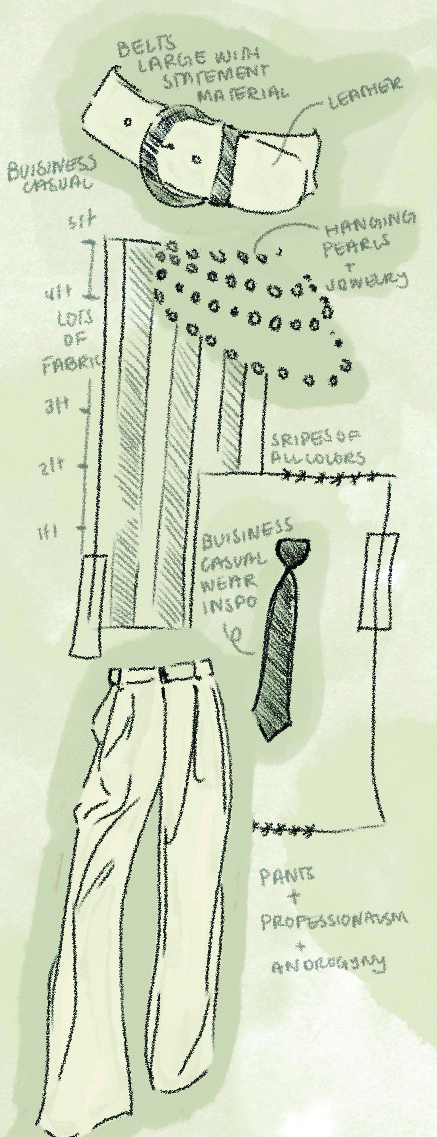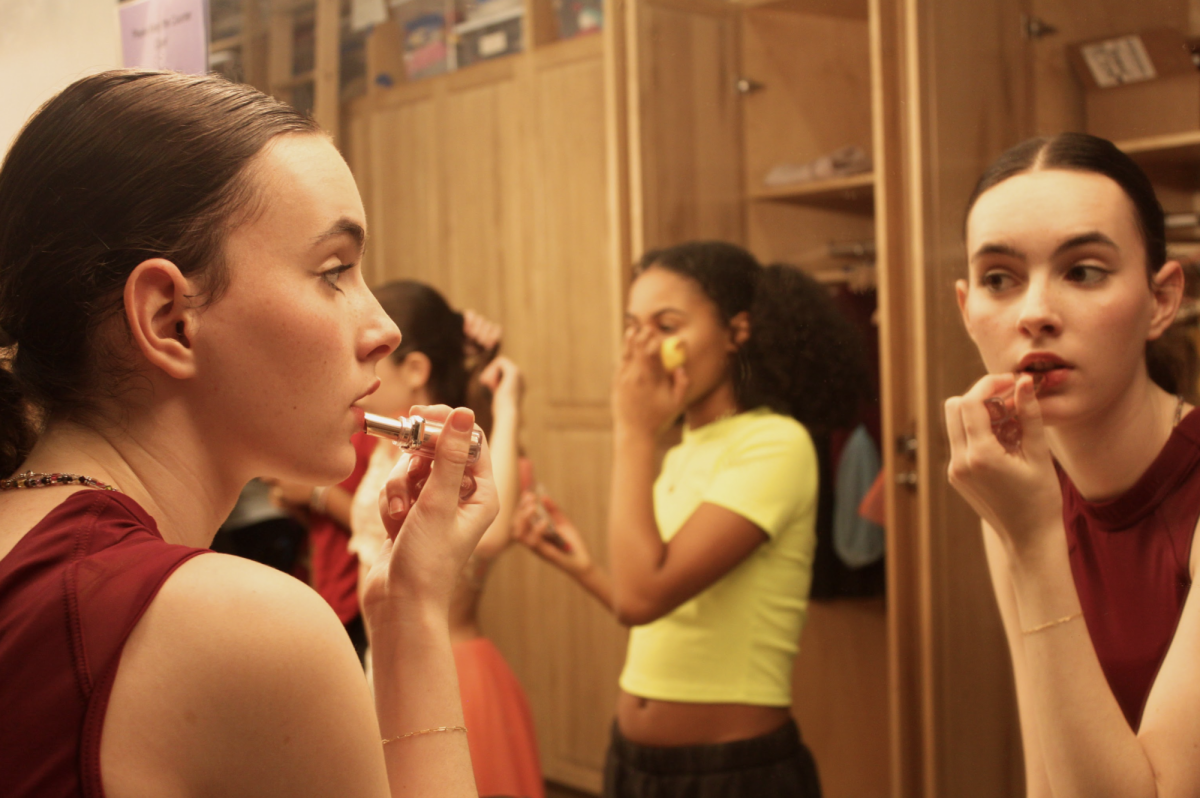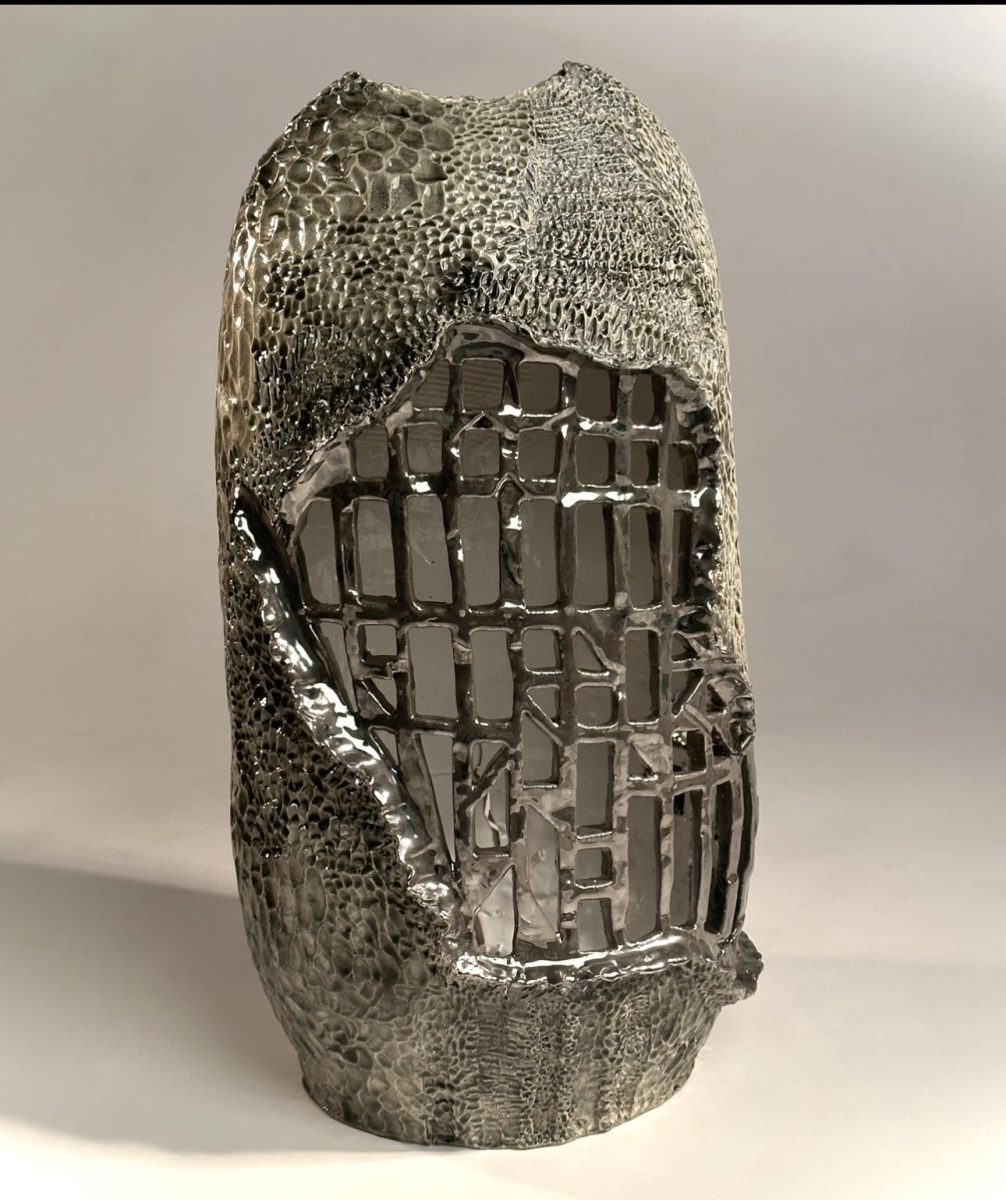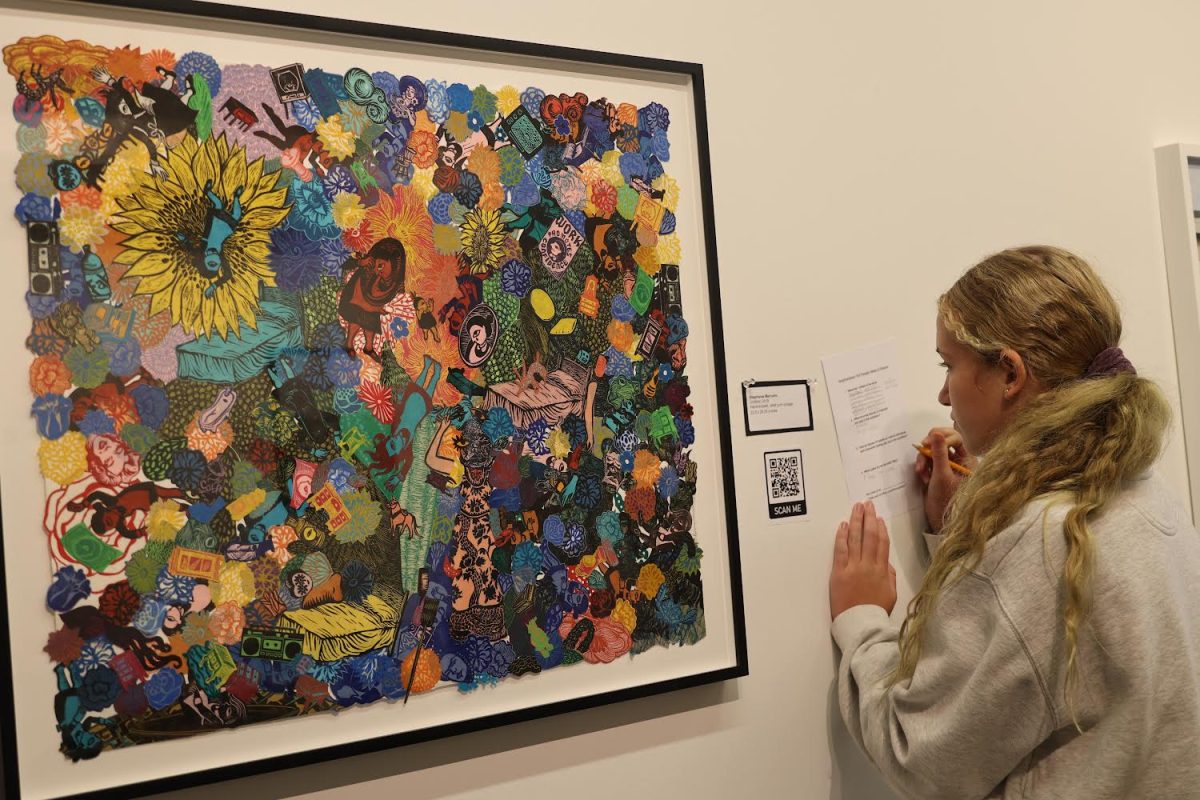
On October 14th, actress Jennifer Lawrence published her essay about sexism in Hollywood in the October issue of Lena Dunham’s feminist magazine, Lenny, to shine a spotlight on women in the entertainment industry. Lawrence expressed her anger that she was paid significantly less than her male co-stars in the 2013 hit film, American Hustle. Lawrence emphasized the importance of women in Hollywood and the disparity between the opportunities that men and women are given. The article has received support from many people and has also encouraged other actresses like Jessica Chastain to speak out about their own issues with the ever-growing wage gap in Hollywood.
Successful women in the entertainment industry, especially women directors, are anomalies according to the Center for the Study of Women in Television and Film. In 87 years of Academy Award history, only four women have been nominated for best director. In 2012, women directed only 9% of the year’s top 250 films. Actresses, like Jennifer Lawrence, also feel frustrated that only 12% of protagonists in films made in 2014 were female.
Susanna White has directed films such as Nanny McPhee Returns as well as television shows for Showtime and HBO. Over her years as a director, White said that she has often wondered why men are more prominent behind the scenes of movies and television than women.
“I think there has traditionally been a perception of what a director is, big loud and controlling in an obvious way. The fact is that directing is really about communicating a vision, and women tend to be great communicators and great at multi-tasking, which is a huge element of the job,” White wrote.
White offered that classic male and female stereotyping may be responsible for the gender biases.
“The entertainment industry has traditionally been interested in more male-driven storylines. Even the first Oscar to go to a female director went to Kathryn Bigelow for Zero Dark Thirty, a great film, but a film about a group of men,” White explained.
Following the publication of Lawrence’s essay, the media has been focusing on the chronic lack of recognition actresses have received in the past. Molly Shannon, a successful comedy actress, well known for her characters on Saturday Night Live, expressed how she deals with bias in an interview.
“There was a little period with comedy movies where I would be like, ‘Oh my god, these boys, they get so [many parts],’ but it didn’t get me anywhere…. I try not to look at it like feeling victimized, and if I respond in that way, I feel weakened. I’d rather just be a woman and stay on my route. [I try] not to compare myself,” Shannon said.
According to White, there is a solution to the lack of recognition of women in Hollywood.
“Mentoring schemes can be great and also encouraging women into screenwriting where there is a still a gap,” White said. With only 2% of cinematographers being women, White added that she would also love to see more women in technical jobs.
Shannon said that the best way to get more women involved, in her opinion, is through writing.
“I think I felt empowered because I could write. I could write my own characters and on Saturday Night Live, I realized if you don’t write it, you will be playing smaller parts, like the wife,” Shannon explained.
Gracie Miller ’17, president of the Girls on Film club, expressed hope for the future of women not just in Hollywood, but in America.
“Compared to other nations, [America] is quite progressive. There have been more opportunities over the past decade for women to speak out against issues such as gender equality. We, as [Marlborough] students, are taught to always speak our minds,” Miller said.
In the world that we live in, women need to feel empowered to pave their own pathways and stick up for themselves. White also explained her aspirations for the next generation of creative women. “Traditionally it takes women much longer to achieve the same things as their male counterparts – on average ten years longer to direct their first movie. I hope for the next generation it won’t take so long,” White said.












